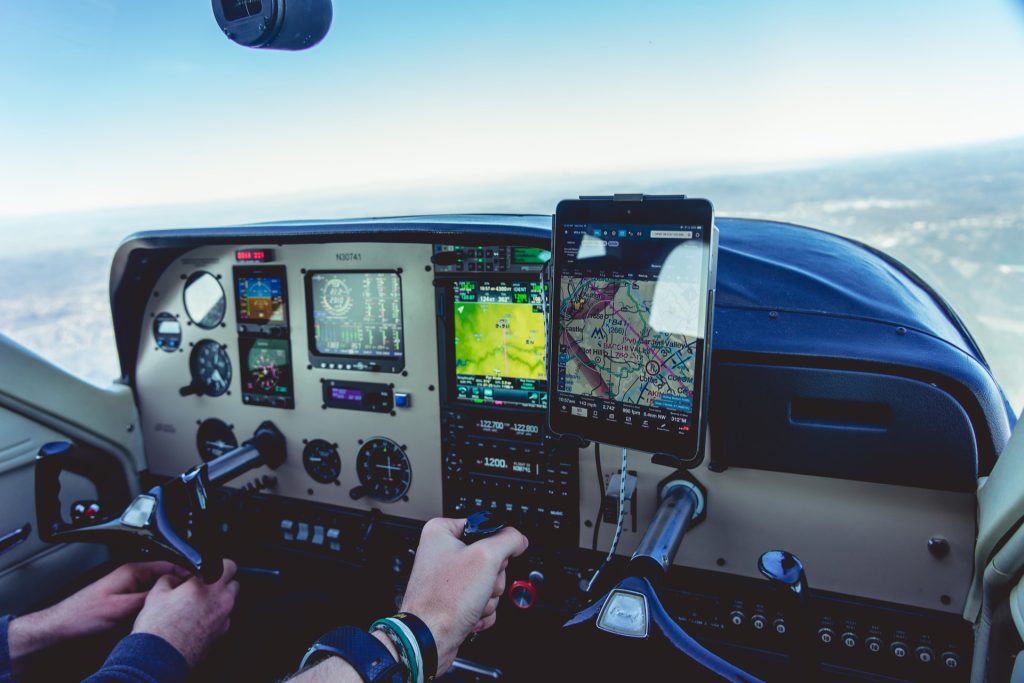Choosing between a European Union Aviation Safety Agency (EASA) or Federal Aviation Administration (FAA) license can be a challenging decision for aspiring pilots. Both certifications are recognized worldwide and have their unique advantages and disadvantages. In this blog post, we will discuss how to choose between an EASA and FAA license.
Understanding the Differences Between EASA and FAA Licenses
The first step in choosing between an EASA and FAA license is to understand the differences between the two. EASA licenses are issued by the European Union and are recognized in all European Union member states, as well as in many other countries worldwide. On the other hand, FAA licenses are issued by the United States government and are recognized worldwide.
The training requirements for EASA and FAA licenses are also different. EASA requires a minimum of 200 flight hours, while FAA requires a minimum of 250 flight hours. Additionally, EASA licenses have stricter medical requirements than FAA licenses, and EASA requires pilots to pass an additional language proficiency exam.
Choosing Based on Career Goals
One of the most critical factors in choosing between an EASA and FAA license is to consider your career goals. If you plan to work for a European airline or in a European Union member state, an EASA license may be the better choice. However, if you plan to work for a US airline or in the United States, an FAA license may be more advantageous.
Additionally, some countries have specific licensing requirements. For example, if you plan to work as a pilot in China, you will need to have an FAA license. Conversely, if you plan to work in the United Arab Emirates, you will need to have an EASA license.
Consider Your Budget
Another essential factor to consider when choosing between an EASA and FAA license is your budget. The cost of obtaining a license can vary significantly depending on the location and training provider. Generally, EASA licenses tend to be more expensive than FAA licenses due to the higher training requirements and stricter medical requirements.
Additionally, if you plan to work in the United States, you will need to obtain an FAA license, which may require additional training and expenses. On the other hand, if you plan to work in Europe, you may need to obtain an EASA license, which could also be costly.
In conclusion, choosing between an EASA and FAA license requires careful consideration of several factors, including your career goals, budget, and location. Both certifications are recognized worldwide, and each has its unique advantages and disadvantages. By understanding the differences between the two and considering your individual circumstances, you can make an informed decision on which license is right for you.

